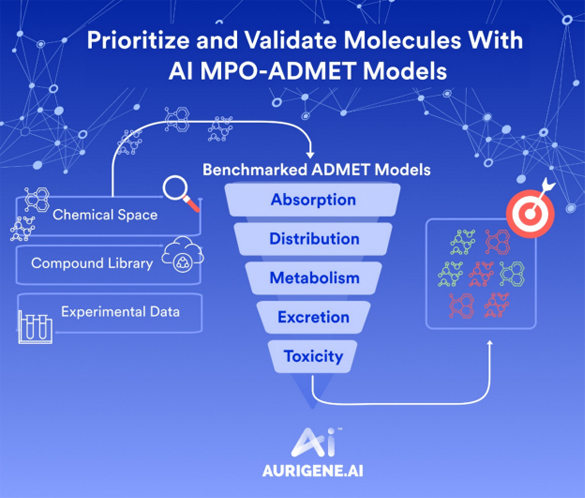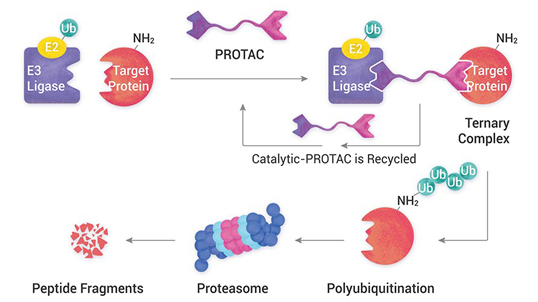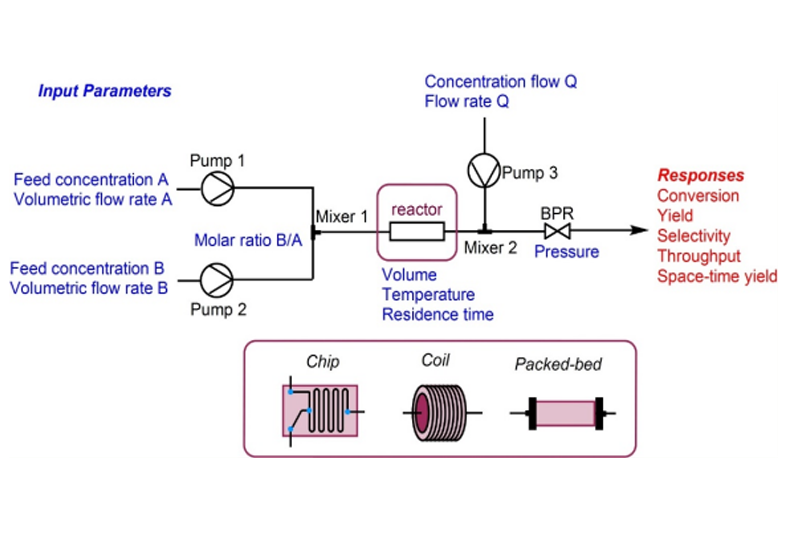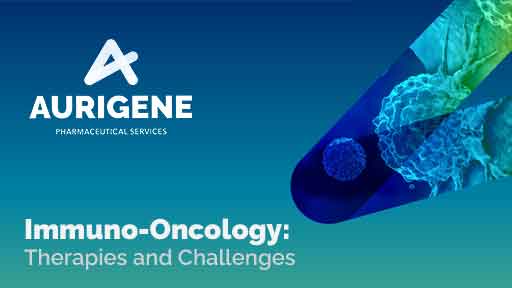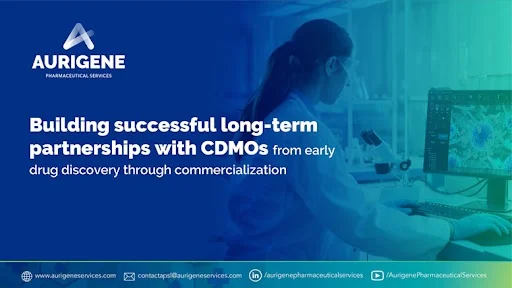

Amino acids, peptides and proteins play multiple roles in the normal functioning of the body.
Group of amino acids between 2 to 50 are called peptides. They often act as hormones and play diverse roles in the normal biological processes in the human body such as metabolism, intercellular signaling and neurotransmission.
Peptide synthesis based drug have a high potential for therapeutic use due to their many unique characteristics. They can e.g. easily penetrate through cell/intestinal walls to get absorbed into the blood stream and reach the target site of action. This makes them effective replacements for small molecules that fail due to solubility and absorption issues.
Peptides are also lower in toxicity, do not accumulate in the body and present lower possibilities for drug-drug interaction.
Unmodified peptides usually undergo extensive proteolytic cleavage, resulting in short plasma half-lives. As a result of their low permeability and susceptibility to catabolic degradation, therapeutic peptides typically have very limited oral bioavailability and are administered either by the intravenous, subcutaneous, or intramuscular route, although other routes such as nasal delivery are utilized as well.
Several modifications/approaches are universally adopted to turn classical peptides into druggable peptides. Such as:
- Identification of specificity/potency by truncation of N-terminal/ C-terminal sequences
- Identification of critical residues or stabilizing motif by Ala Scan, Lactam Scan and Cysteine Scan
- Fragment stabilization/PK profile improvement by suitable substitution of amino acids, D-amino acids / inverso sequences, retro-inverso, lipidation/ conjugation, PEGylation, conformationally constrained peptides, backbone modification; peptido-mimetics, etc.
Classes of custom peptide synthesis based drugs in treating diseases
- Anti-microbial Peptides (AMPs) – are used to treat a broad range of microbial infections and may also be used in treating fungal infections. Once they enter the membrane they may cause a toroidal, carpet or a barrel-stave pore and kill the infection causing agents.
- Anti-angiogenic Peptides (AAPs) – are used to treat a wide range of cancers. They help by inhibiting the angiogenic process thus stopping multiplication of new blood vessels.
- Anti-inflammatory Peptides (AIPs) – occur naturally in all living organisms to reduce inflammation. AIPs may act by inhibiting, reducing, or modulating the expression and/or activity of mediators.
- Anti-appetizing Peptides – are a family of peptides used to treat obesity. They act by suppressing hunger and thus reducing weight gain.
- Anti-thrombotic Peptides – are useful against the formation of blood clots in the body. Anti-thrombotic peptide may be used in the prevention and treatment of life threatening blood clots.
- Opioid Peptides - are a set of peptides that have the ability to bind with the target opioid receptors. They may be used to manage pain and may be used for substance abuse de-addiction therapy.
Latest Posts
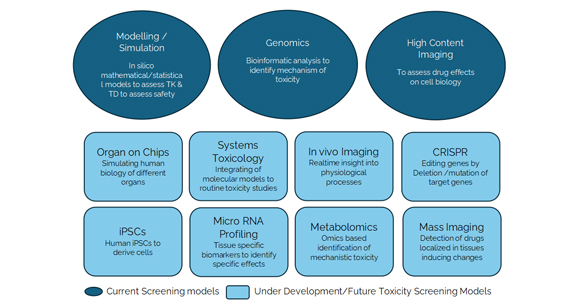
Good practices in non-clinical toxicology assessment to accelerate IND and NDA Submissions
You are about to leave Aurigene Pharmaceutical Services and affiliates website. Aurigene Pharmaceutical Services assumes no responsibility for the information presented on the external website or any further links from such sites. These links are presented to you only as a convenience, and the inclusion of any link does not imply endorsement by Aurigene Pharmaceutical Services.
If you wish to continue to this external website, click Proceed.


Leaving already?
Don't forget to join us at
CPHI Worldwide 2023.
October 24th-26th, 2023 | Barcelona, Spain
Get ready to accelerate your drug’s journey to the market


